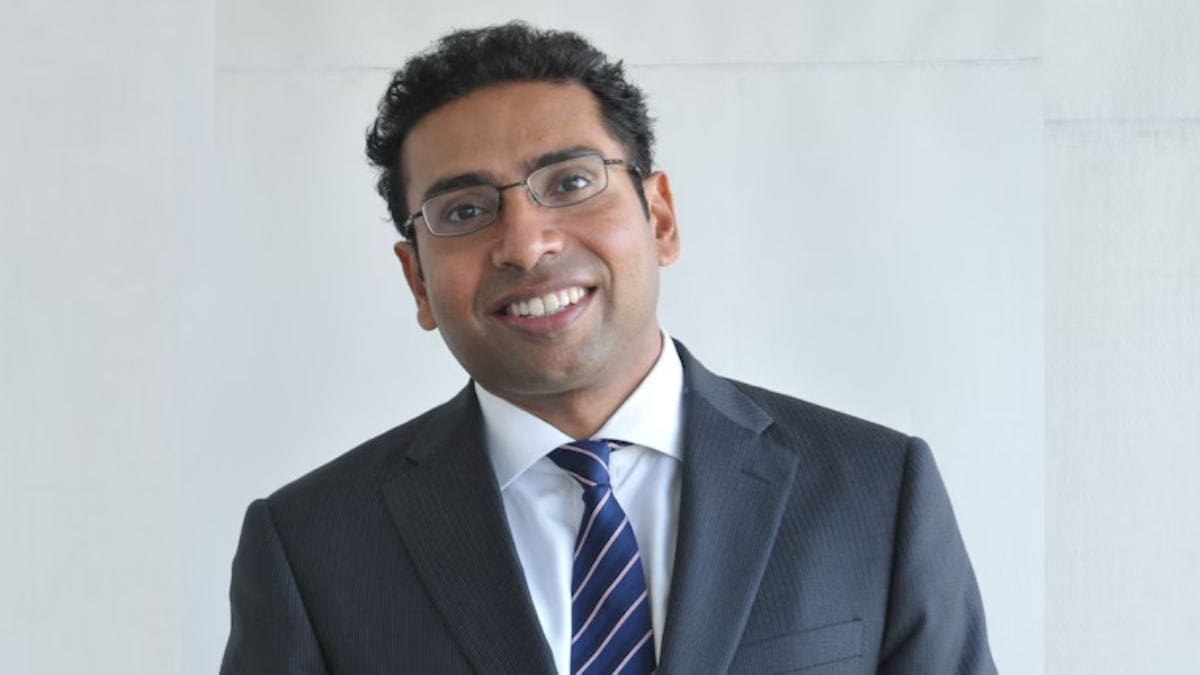Ambassador Federico Salas
We live in an interconnected world, with instant communication and ever-growing access to information. Every passing moment more daily activities are integrated into the digital spectrum. Healthcare, due to its importance for everyone’s life, is becoming a sector where digital technologies are going to be crucial. Digital health has the potential to exponentially enhance access to healthcare by using digital infrastructures.
Data and technology, as components of a digitally interdependent era, have the power to lower the cost of health care through systems of telemedicine, medical apps, etc. Therefore, it is necessary to build and reinforce the infrastructures that unlock their full potential, especially in developing countries. Equality in access to digital public goods can contribute significantly to reducing the gap between developed and developing nations. Moreover, digital healthcare can become an important market for many countries and a win-win situation for all if it addresses their differentiated necessities. Taking care of the health of the population might turn into a booster for the economy.
Digital health can be a disruptive and positive force in the health ecosystem. Academia, entrepreneurs, health providers, governments, and ultimately patients should contribute to the design of new ways to provide -and receive- healthcare. As part of a broader digital infrastructure, digital health has the capacity to improve the digital sector by addressing its specific responsibilities. More digitization in the health domain means more digital capacity in general.
How can we advance the scope and quality of digital health? What are the risks? Information security, private data protection, and regulatory frameworks are some of the crucial areas that need reinforcement. With a growing presence of the digital health industry, especially after the Covid-19 pandemic, the challenges of managing personal information are greater than ever. The more activities you can perform via digital technologies, the more information -and the use of it- you need to protect.
To advance digital health delivery, a group of experts from different countries can help to evaluate implementation projects. Recommendations on governance, regulation, change management, and technology assessment could be used to harmonize an international approach to the subject. Constant cooperation and communication among experts will bring sound policies in the interest of global patients. An integral strategy that encompasses both the developed and the developing world perspectives is sine qua non for this endeavor.
Regarding ethics and compliance with universal rights when managing personal information, it is very important to generate adequate regulatory frameworks. This will allow for a better use of information and data, providing certainty for both patients and health professionals. Within the G20 system, enhanced coordination and collaboration are required. Mexico supports establishing a collaborative agenda, especially where further training is necessary.
Synergies between academia and government experts are essential to design and implement training programs on digital health. Access to up-to-date information regarding the implementation of digital technologies can only be accomplished through solid training efforts. In an ever-changing ecosystem such as digital technology, permanent communication and cooperation among key players is imperative.
Cooperation in digital health means working together to identify potential projects, especially those with a higher cost-benefit ratio. Collaboration and coordination are necessary to establish common agendas on knowledge management, evaluation of digital technologies, and follow-up processes. Implementing good practices in the realm of digital health requires a concerted effort among countries.
During the G20 Indian Presidency, Mexico has expressed its support to digital health as a crucial element for ensuring access to healthcare. Accessibility, affordability, equality, and timely delivery of health services can accelerate the progress towards the achievement of Sustainable Development Goal 3. A multi-faceted effort that involves the different stakeholders in the digital health ecosystem can translate into getting closer to universal health coverage.
Digital health interventions, hence, should be supported and advanced. Gathering best practices and knowledge is a necessary step to raise awareness among decision-makers. To facilitate the implementation of disrupting technologies, it is important to share information among countries in a common agenda. International security standards for patient-centered information systems are, in this regard, a crucial step to create the “Global Initiative on Digital Health”.
As with any other strategy concerning public health, digital health should include the national, regional, and global levels to be successful, along with developing countries’ necessities. Acquiring digital skills for implementing digital health procedures requires training and a proper structure. Adopting disruptive approaches involves an adaptation period that should be considered. Consequently, strengthening strategies already in place and reinforcing dissemination efforts is key to generating specialized knowledge and adaptation.
Promoting, developing, and adopting digital health technologies, finally, will certainly help to improve access to healthcare. However, it must be done involving all the concerned stakeholders in the matter. Cooperation efforts at the multilateral level are fundamental to overcome local and national difficulties. Within the health sector, evidently, it is even more urgent to generate the agreements that the world demands.
The author is Ambassador of Mexico to India.
Disclaimer: Views expressed are personal and do not reflect the official position or policy of Financial Express Online. Reproducing this content without permission is prohibited.







